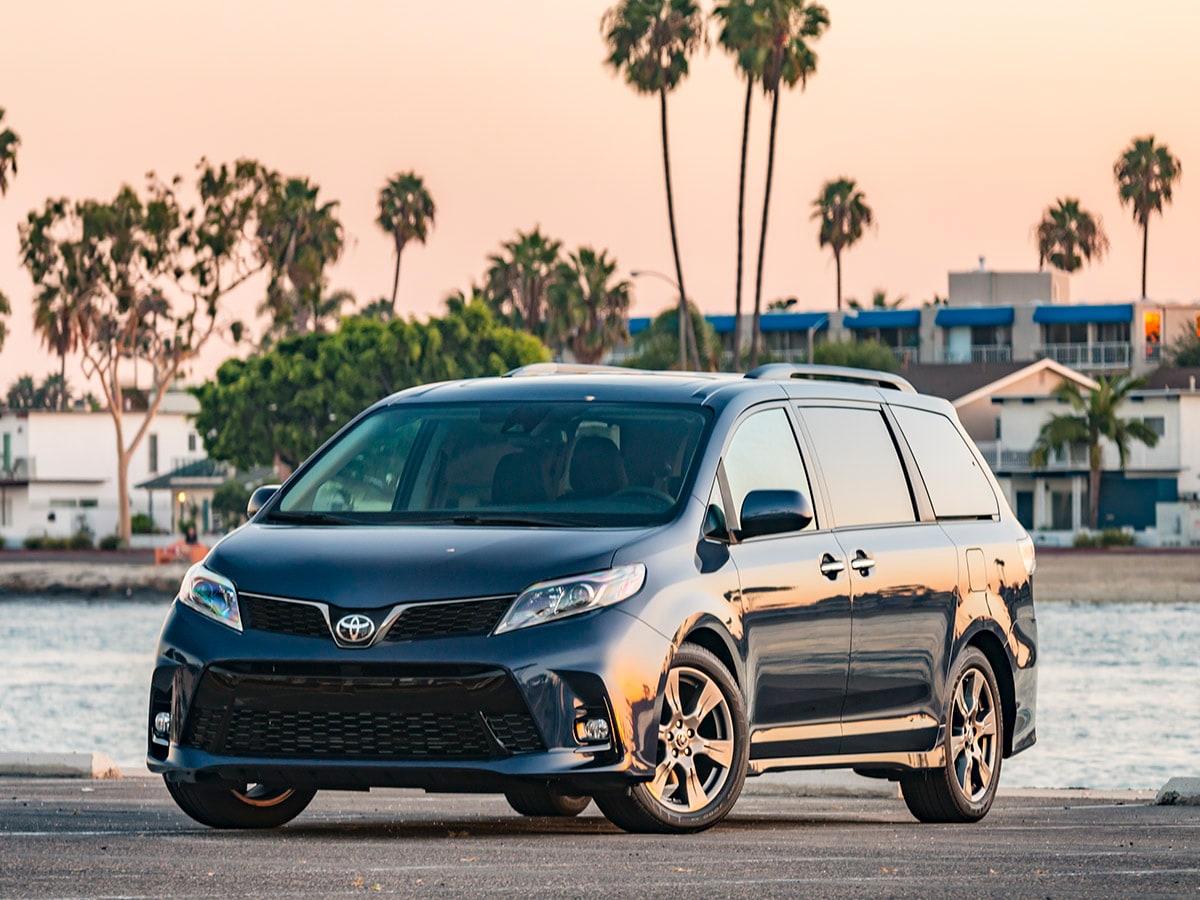
- Autono-MaaS vehicles Sienna-based
- Fleet to be deployed in 2021
- Competes with Waymo-Chrysler partnership
Expanding the partnership revealed in May 2016, Toyota Motor Corporation (TMC) and Uber Technologies, Inc. announced they have agreed to expand their partnership even further by building a fleet of self-driving ride-sharing vehicles.
The original agreement, which included a strategic investment in Uber by Toyota Financial Services Corporation and Mirai Creation Investment Limited Partnership, focused primarily on establishing new services to offer value to ride-sharing customers, including new leasing options on Toyota vehicles for Uber drivers. This extended agreement is aimed at advancing autonomous ride-sharing as a mobility service and bringing that service to market at scale. Additionally, Toyota announced that it is investing $500 million in Uber.
Organized under the Autono-MaaS banner
The Toyota-Uber collaborative fleet, currently known as “Autono-MaaS” (autonomous-mobility as a service), will initially be based on Toyota’s Sienna minivan platform. Both the Toyota Guardian automated safety support system and Uber’s Autonomous Driving System will be integrated in to Autono-MaaS vehicles, along with Toyota’s information infrastructure for connected vehicles, Mobility Services Platform (MSPF). The companies hope to begin pilot deployments of the Autono-MaaS vehicles on the Uber ride-sharing network in 2021.
Also: Autonomous Cars and the Technology Leading the Way
Toyota and Uber executives both expressed hope that their expanded partnership will be effective at fulfilling the promise of self-driving technology at scale. Unlike the vision of their earlier agreement, which focused on making Toyota vehicles affordable for individual Uber drivers, the newly expanded agreement anticipates that the Autono-MaaS vehicles will be owned and operated by third-party autonomous fleet operators.
From auto maker to mobility provider
“Combining efforts with Uber, one of the predominant global ride-sharing and automated driving R&D companies, could further advance future mobility,” said Shigeki Tomoyama, executive vice president, TMC, and president, Toyota Connected Company. “This agreement and investment marks an important milestone in our transformation to a mobility company as we help provide a path for safe and secure expansion of mobility services like ride-sharing that includes Toyota vehicles and technologies.”
“The deal is the first of its kind for Uber, and signals our commitment to bringing world-class technologies to the Uber network,” said Uber CEO Dara Khosrowshahi. “Our goal is to deploy the world’s safest self-driving cars on the Uber network, and this agreement is another significant step towards making that a reality. Uber’s advanced technology and Toyota’s commitment to safety and its renowned manufacturing prowess make this partnership a natural fit. I look forward to seeing what our teams accomplish together.”
Our Take
We’re seing more and more collaboration in the autonomous driving arena, and that’s a good thing. As detailed by our mobility-focused sister site Ride, there are still many challenges to overcome on the road to self-driving cars.







